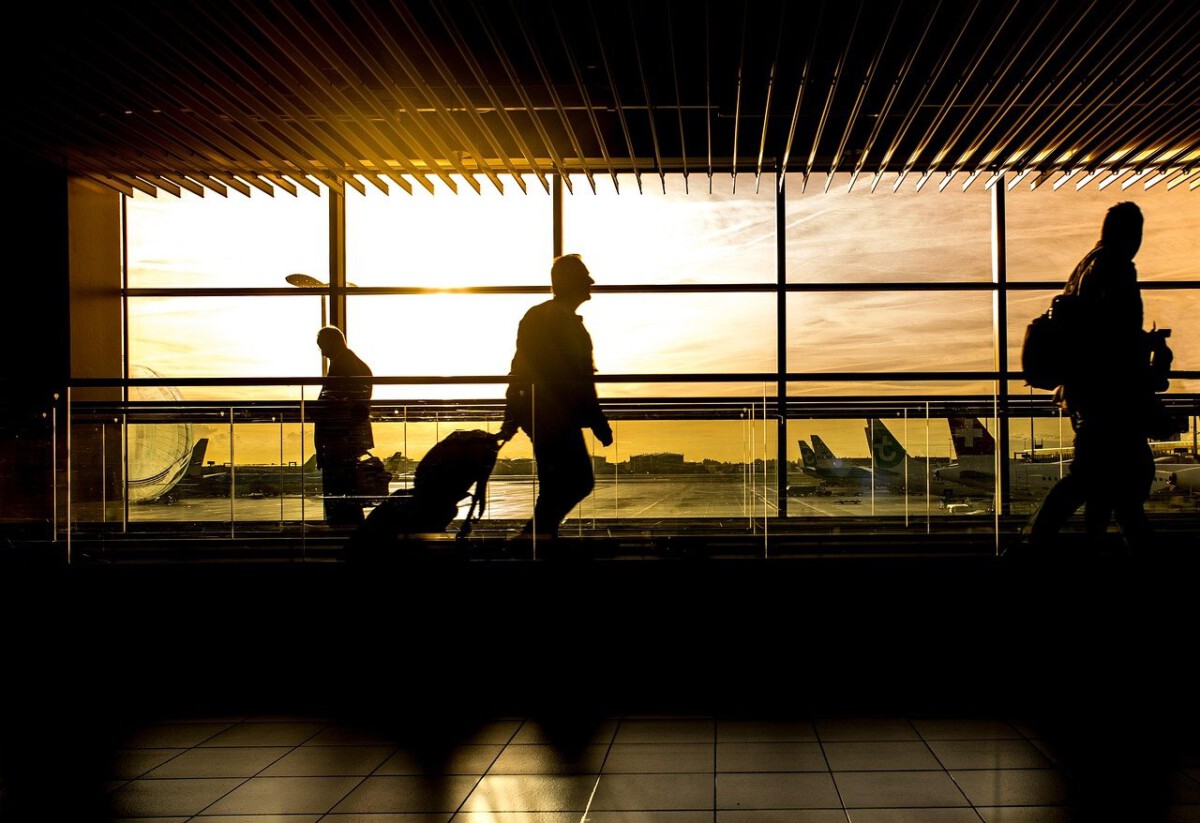The Shocking Drop That’s Rocking Airlines

Picture waking up to find out that your customer base just vanished overnight. That’s essentially what happened to airlines operating between North America’s biggest neighbors. Flight bookings from Canada to the U.S. have fallen by more than 70 percent for every month through to the end of September compared to the same period last year. You read that right—seventy percent. April has seen the steepest drop, with just 296,000 bookings, down 76 percent from 1.3 million. This isn’t a gradual decline; it’s a freefall that’s leaving airline executives scrambling to figure out what comes next. The numbers are so dramatic that even seasoned industry analysts are calling it unprecedented in peacetime conditions.
When Politics Meets Your Vacation Plans

Trade wars aren’t just about steel and lumber anymore—they’re affecting where you decide to spend your summer vacation. The growing hostility fueled by the trade war and Trump’s repeated desire to make Canada a “51st state” have resulted in a widespread boycott of U.S. products. Known as the “buy Canadian” movement, officials have urged citizens to choose domestic alternatives to American goods. Former Canadian Prime Minister Justin Trudeau last month urged Canadians to “choose Canada” and suggested “changing your summer vacation plans to stay here in Canada and explore the many national and provincial parks, historical sites and tourist destinations our great country has to offer”. Think about it—when was the last time a national leader explicitly told their citizens to avoid vacationing in a neighboring friendly country? That’s how deep this rift has become. Canada has also recently updated its travel advisories for visits to the U.S., highlighting concerns over new immigration regulations and potential risks for LGBTQ+ travelers.
Airlines Start Cutting Routes as Empty Seats Mount

Airlines aren’t waiting around hoping things get better—they’re slashing capacity faster than you can say “turbulence.” Airline capacity between Canada and the US has been reduced through to October 2025, with the most significant cuts occurring during the peak travel months of July and August. The most noticeable cuts are in July and August – the two peak summer season months – where airlines have cut capacity by some 3.5%. Canadian airline Flair, for example, said it canceled its planned Toronto to Nashville, Tennessee, route. WestJet is redirecting flights elsewhere, and even Air Canada is feeling the pressure. Canadian airline WestJet said it has seen Canadian customers shift bookings from the U.S. These aren’t minor schedule adjustments—these are fundamental business decisions that will reshape North American aviation for years to come.
The $20 Billion Economic Hit Nobody Saw Coming

Here’s a number that should make every tourism official nervous: The over 20 million visits made by Canadians to the country in 2024 contributed an estimated $20.5 billion to the U.S. economy and supported around 140,000 American jobs. That’s not pocket change—that’s entire communities depending on Canadian tourists who are increasingly choosing to stay home. The World Travel & Tourism Council projects that spending by international visitors to the U.S. will drop to $169 billion, or 7%, this year, from $181 billion in 2024. That’s a 22.5% decrease from peak tourist spending of $217 billion in 2019, before the pandemic. Border towns like Sault Ste. Marie are feeling the immediate impact. Hotel bookings in the city of 14,000 are already down 77% year to date. Small businesses that have relied on cross-border traffic for decades are watching their customer base evaporate in real time.
European Travelers Join the Exodus

It’s not just Canada anymore—Europe is getting cold feet about American vacations too. According to recent data from Accor, a Paris-based global hotel operator, summer bookings from Europe to the United States have fallen by 25 percent. Jean-François Rial, CEO of France’s leading luxury tour operator Voyageurs du Monde, said that ever since Trump’s inauguration in late January, bookings for US travel among his wealthy French clients have dropped a “colossal” 20%. “In the 30 years I’ve been in this business, I’ve never seen anything like this for any destination. It’s huge,” he told CNN Travel. The US had 45,800 fewer arrivals from the UK in March (-14.8%), compared to the same month last year. Germany saw an even more significant loss, with a 52,200 visitor shortfall (-28.5%). Spain, which is among the European countries that most travelled to the United States in March 2025, also recorded a nearly 20,000 drop (-24.5%). Travel warnings from multiple European countries haven’t helped matters either.
Major Airlines Pull Financial Forecasts

When airlines stop making predictions about their own future, you know things are bad. American Airlines pulled its 2025 financial forecast on Thursday, mirroring its peers, as growing consumer apprehension over an escalating trade war results in carriers facing a level of uncertainty not seen since the COVID-19 pandemic. Delta Air Lines, the nation’s most profitable carrier, predicted as recently as January that the company was on track for the best financial year in its history. Earlier this month, the airline scratched its performance expectations for 2025 and said it was putting a planned flight schedule expansion on hold. “With broad economic uncertainty around global trade, growth has largely stalled,” Delta CEO Ed Bastian said at the time. Southwest Airlines reported late Wednesday that it would trim its flight schedule for the second half of the year due to lower demand. The company also said it could not reaffirm its 2025 and 2026 outlooks for earnings before interest and taxes, given “current macroeconomic uncertainty”.
The Tariff Tsunami Hitting Aviation

Airlines thought they were dealing with passenger problems—turns out tariffs are making their planes more expensive too. Jet-engine maker GE Aerospace has estimated its tariff bill would exceed $500 million. Its rival RTX expects about $850 million in additional annual costs. The company expects some of those jets including Airbus’ A321 XLR, which is built in Europe, would face tariffs. “It’s just really difficult for us to imagine paying another 10% or something higher than that on airplanes, which are our biggest capital cost,” May said. Industry officials have held meetings with senior members of the Trump administration including the President, asking them to restore the tariff-free regime under the 1979 Civil Aircraft Agreement, under which the sector enjoyed a $75 billion annual trade surplus. Trump’s tariffs have ended its decades-old duty-free status. These costs don’t just disappear—they get passed on to travelers in the form of higher ticket prices, creating a vicious cycle that further dampens demand.
Border Towns Become Economic Ghost Stories

Drive through any border community right now and you’ll see “For Lease” signs where bustling tourist shops used to be. Linda Hoath, executive director of the Sault Area Convention & Visitors Bureau, who noted that many people have family members on both sides of the U.S.-Canada border. “There’s no separation between the two communities,” she said. But with the U.S. trade war unleashed against Canada in recent months — along with reports of detentions of travelers at the Canadian border by U.S. immigration authorities and threats of annexation by President Trump, the chasm between the two neighbors has grown, as fewer Canadians make the trip south to the United States. In April, 820,700 U.S. residents took road trips to Canada, a 10.7 per cent drop from the same month in 2024. Canadian residents returning from the U.S by land totalled 1.2 million in April (plummeting 35.2 per cent), which StatCan says is a “steep decline” compared to the same time last year. Families that used to cross the border for weekend shopping trips or to visit relatives are now thinking twice about making the journey.
Business Travel Takes a Massive Hit

Corporate America is tightening its travel belt like never before. Two weeks back, Delta said its corporate bookings growth had dropped into the low single digits after a 10% year-on-year increase in January. United said this month its government-related travel bookings had halved, adding reduced government spending was having a ripple effect on domestic tourism.







